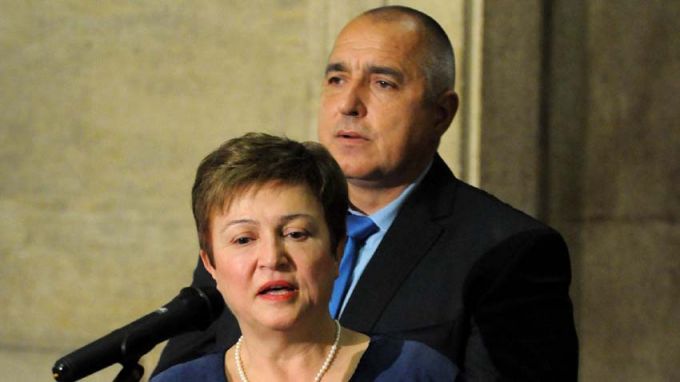
After the long-lasting political crisis and 5 different governments for a period of 2 years, all investment opportunities for Bulgaria are now welcome. While waiting for the EU to unfreeze funds under the current programming period of 2007-2013, the new plan for investments of the EC provides some light in the tunnel of the second cabinet of Borissov. The plan of EC head Jean-Claude Juncker envisages the creation of a European Fund for strategic investments, selection of projects and a road map to turn Europe into a more attractive place for investments. The Juncker Plan totals 315 billion euro and will start next year as the projects from the 28 EU member States must be submitted by June 2015. This is a 3-year fund that is expected to make EU GDP rise by 330 to 440 billion euro and create 1.3 million new jobs in Europe. It is especially important for countries like Bulgaria that badly need investments to assess the opportunities for participation and use it, said European Commissioner for the Budget and Human Resources Kristalina Georgieva after a meeting with Prime Minister Boyko Borissov in Sofia.
What are the priorities of the Juncker Plan and what are the spheres in which Bulgaria could benefit from it? Here is what Commissioner Georgieva told Radio Bulgaria in an interview.
“The main role of these 315 billion euros is providing guarantees. This way the risk for investors is reduced and money now ‘sleeping’ in the banks will be used by investors. In order for this to happen, well-prepared projects are needed. The government vowed to invest 1 billion euro in energy efficiency of buildings, which would reduce households’ expenses for electricity and raise the price of their property. A project like this can apply for financing from the fund. It has four main priorities: infrastructure, creation of digital market, energy, innovation. The investment fund will be divided into two parts. One is for large projects, and the other is designed for small and medium enterprises. In order for Bulgaria to apply, it must do two things: first, it must decide what its projects will be. Second, it should engage with the Bulgarian private sector and banks, so that they find out how they could benefit from these guarantees. In Europe we have no problem with the lack of money. The financial system has great liquidity, but there is no confidence that investments can be made without great risk for investors. That is why the European Central Bank uses negative interest rate for most of deposits. This is a problem we want to solve.”
The investment plan of the EC will be discussed at the upcoming EU Council on December 18-19 in Brussels, as well as the European Parliament. According to Prime Minister Boyko Borissov, however, investments would come to Bulgaria, when we managed to show the world we are a stable country. For this purpose he has started a series of meetings with a number of commissioners, including EC head Jean-Claude Juncker, the EU head Donald Tusk and President of the European Parliament Martin Schulz.
English: Alexander Markov
Today, 26 October, has been declared a day of election silence in Bulgaria ahead of the snap elections for the 51st National Assembly. On this day, voters can reflect and decide how to vote. Since April 2021, this is the seventh early parliamentary..
The seventh election campaign in the political marathon of the past three years is drawing to a close. Have we heard any ideas for a way out of this crisis? Have the no longer surprising news of vote-buying attempts, which once again failed to reveal the..
If the general elections were to be held today, GERB-SDS would earn 24.5% of the votes, followed by Vazrazhdane with 13.7% and We Continue the Change – Democratic Bulgaria with 12.1%. BSP – United Left garners 8.8%, The Alliance for Rights and..
The members of Parliament are rather skeptical before yet another attempt to elect a National Assembly Speaker. The candidates for Speaker of the..

+359 2 9336 661
